Your rights with the police
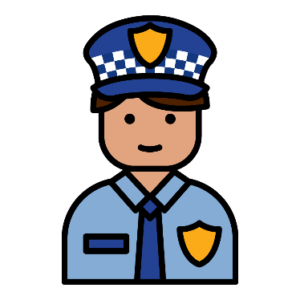

States and territories around Australia have different criminal justice systems.
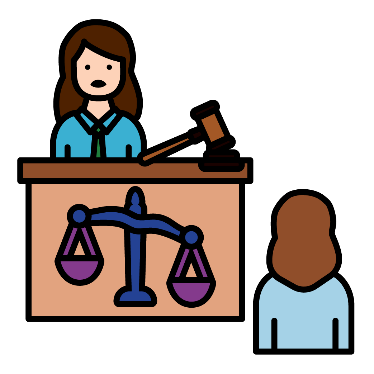
The criminal justice system includes:
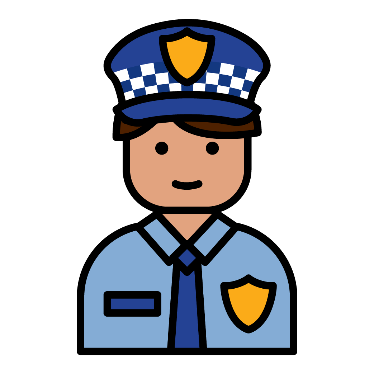

But there are some rights that are the same no matter where you live in Australia.
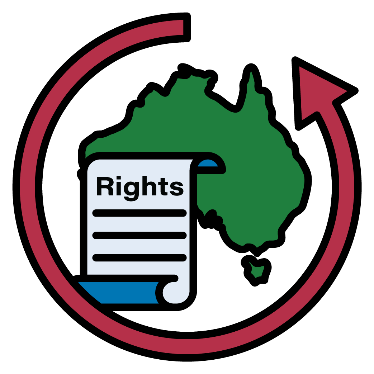
They include the right to:

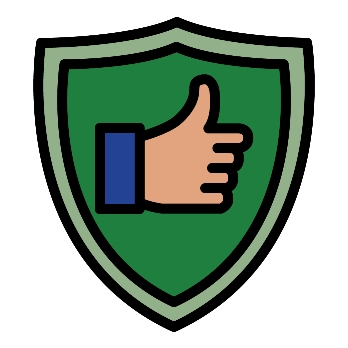
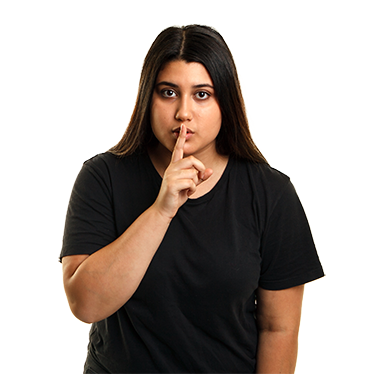

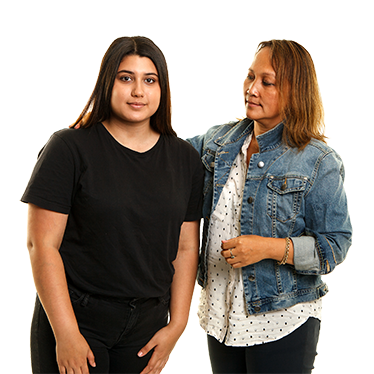
It’s important to do what the police say if they:

The police can arrest you if they think you:
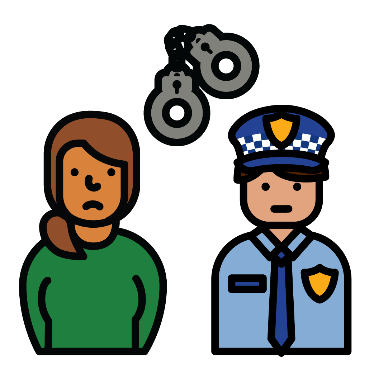
The police might:
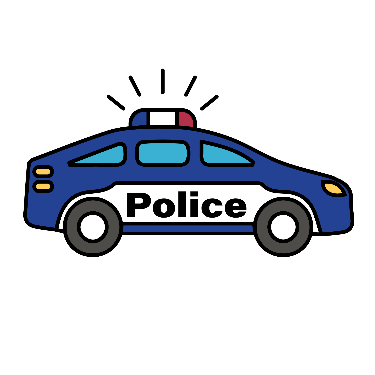
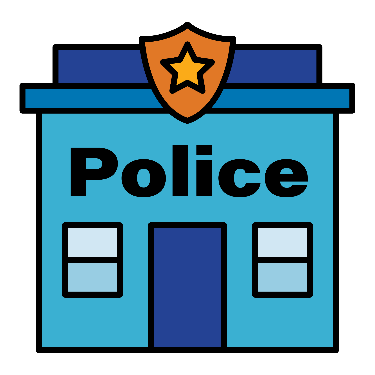
When you deal with the police, you have the right to ask for a police officer who is a woman.
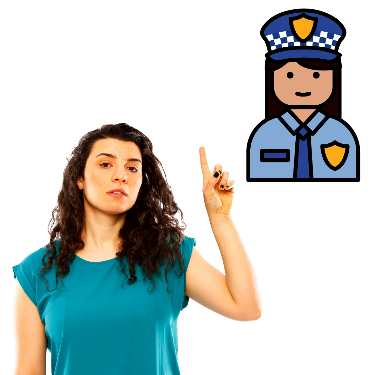
You also have rights when you make a statement.
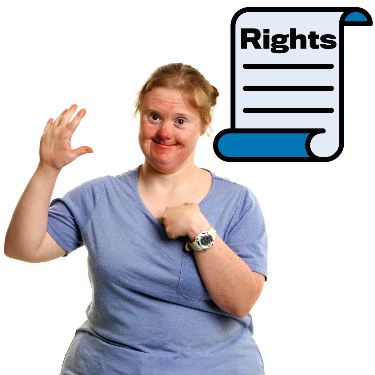
Your statement is your story of what happened.
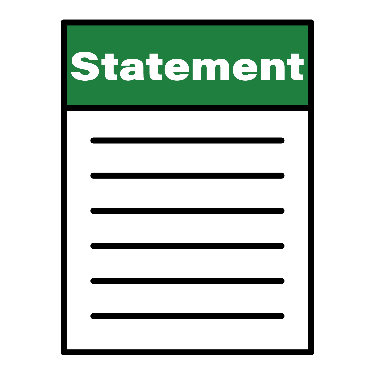
We explain your rights in more detail below.
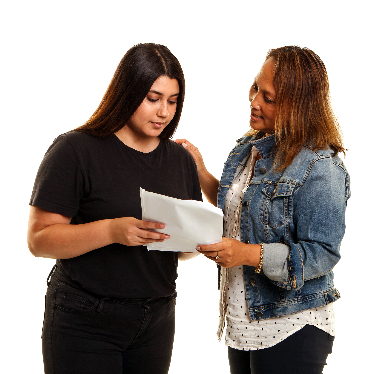
The police must tell you:
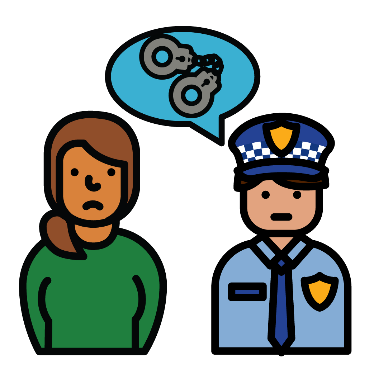
You also have the right to get information in a way you can understand.

For example, you might need:
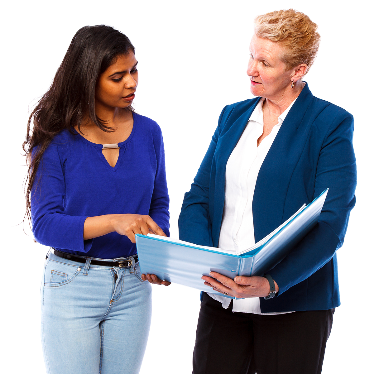
An interpreter is someone who:
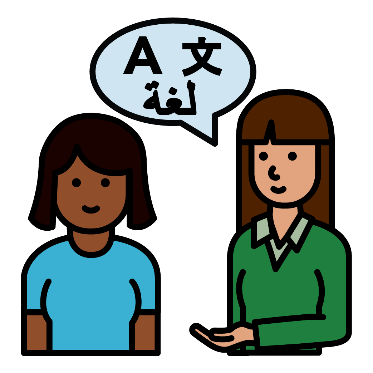
Sometimes the police can search your property.
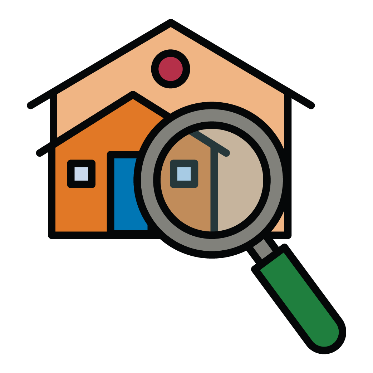
This can include your:
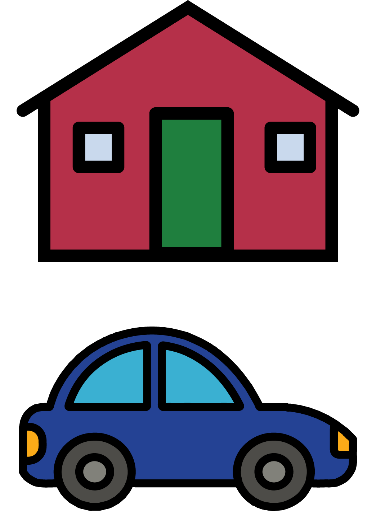
They must have a search warrant.
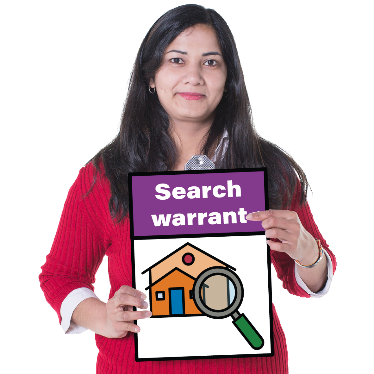
A search warrant is a document that says:
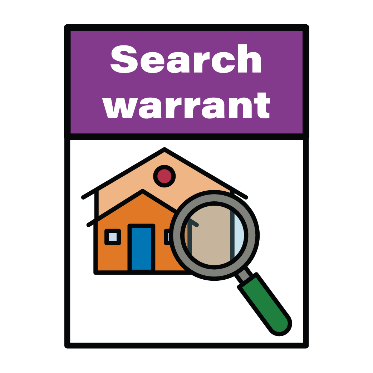
Each state and territory has different laws for search warrants.
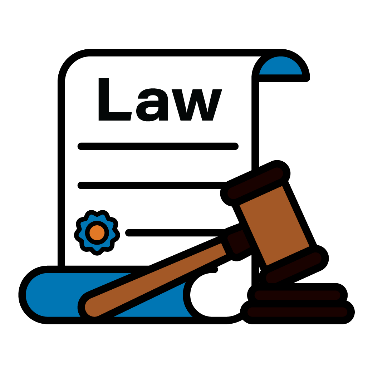
The reasons police might want to search your property can include:

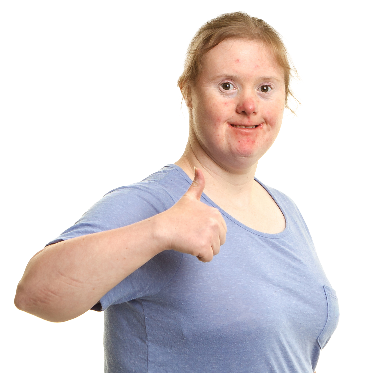
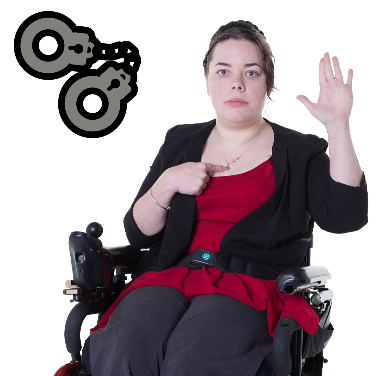
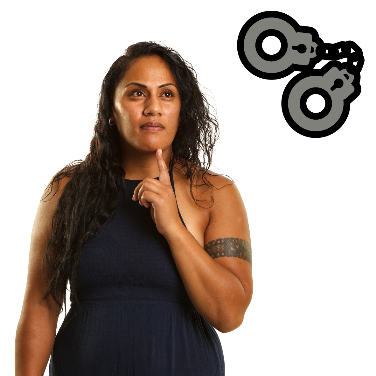
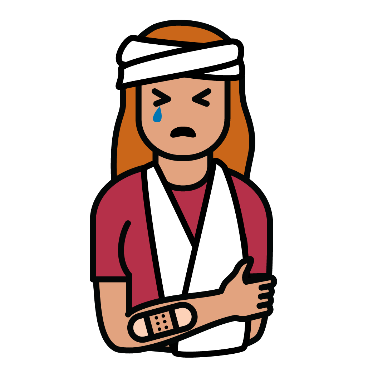
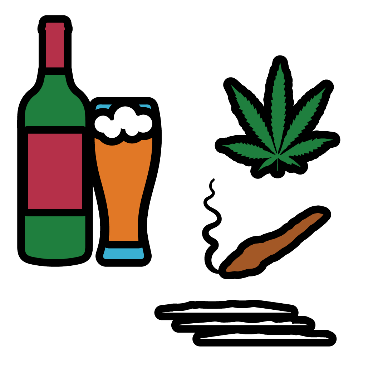
If something is illegal, it means there is a law that says you can’t do it.
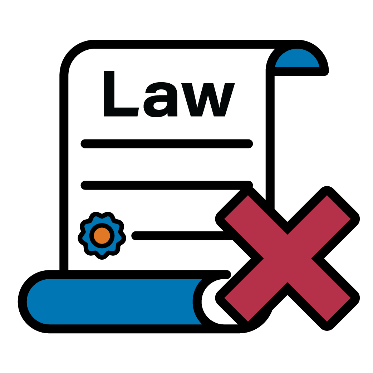
If police don’t have a search warrant, they can’t search your property.
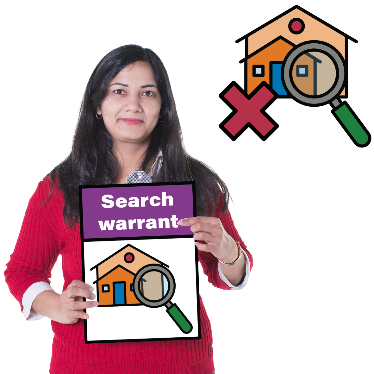
When you talk to the police, you must tell them:
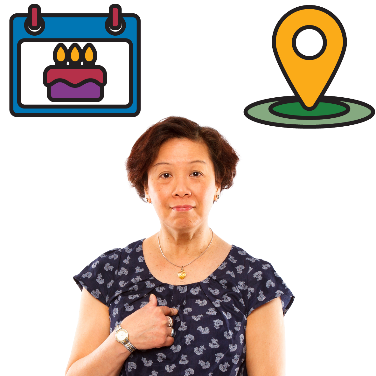
You don’t have to answer any other questions they ask you.

You should ask for a support person before you talk to the police.
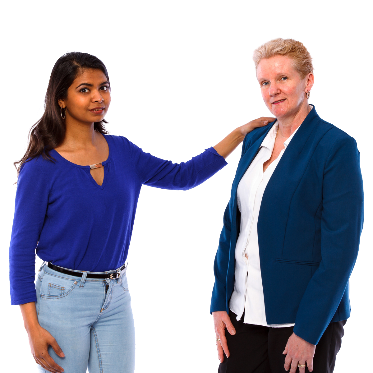
You might need to make a statement if:

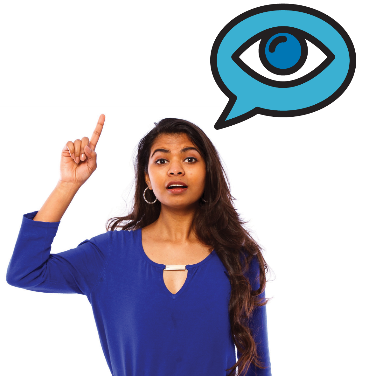

Your statement is your story of what happened.

No one can force you to make a statement.
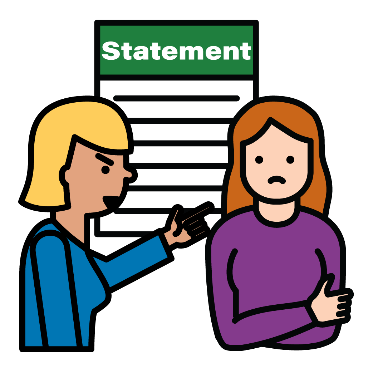
If you choose to make a statement:
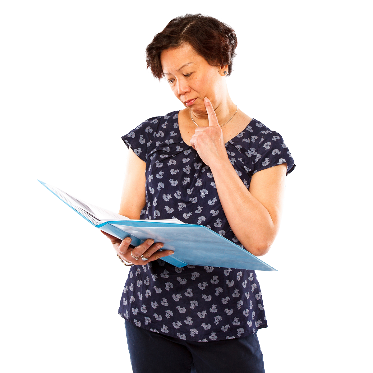
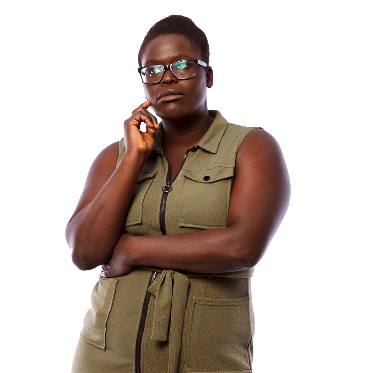
You can:
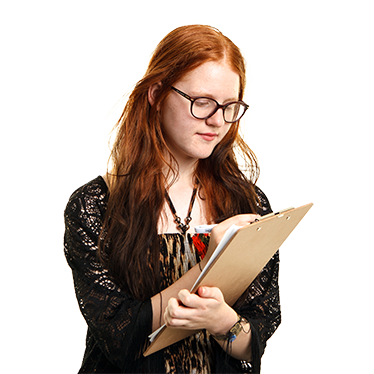


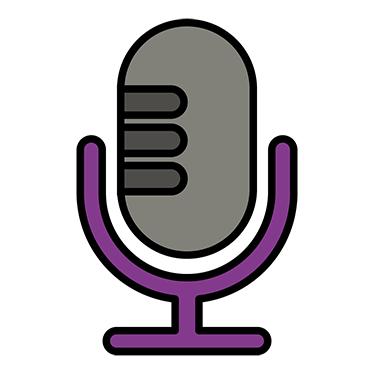
Your statement can help police find out information more about the crime.
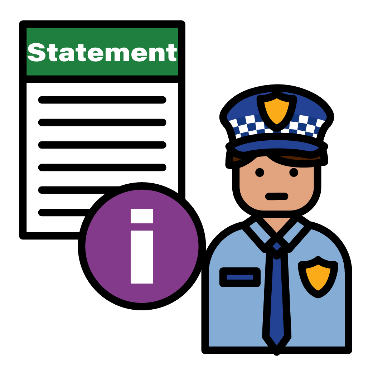
It’s important to tell the truth.
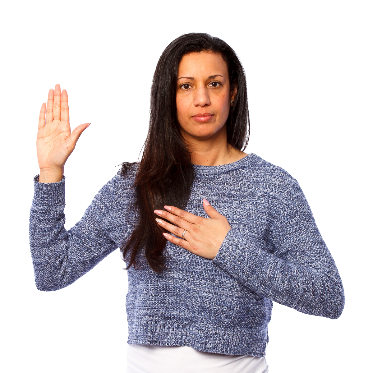
You can also ask for a copy of your statement.
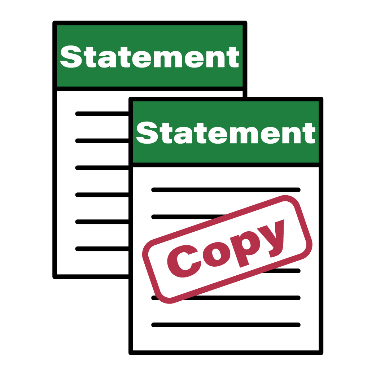
If the police think you took part in a crime, you should talk to a lawyer before you give your statement.
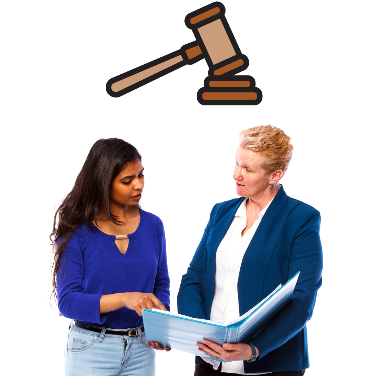
You can find disability legal support in your area on the Australian Human Rights Commission website.

You should contact a support person if the police:
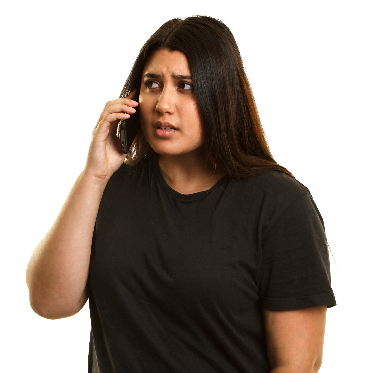
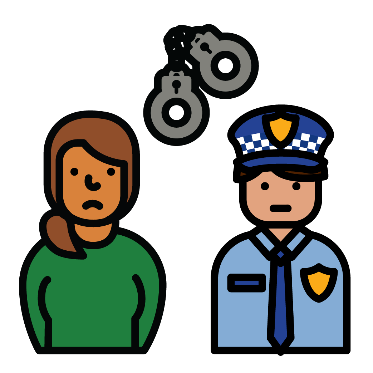
You might contact a:
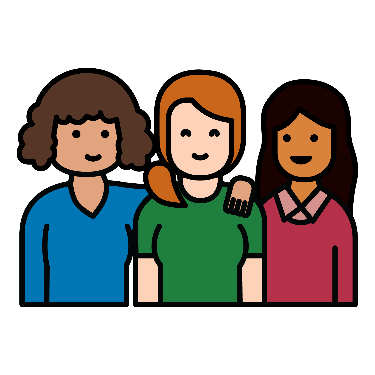
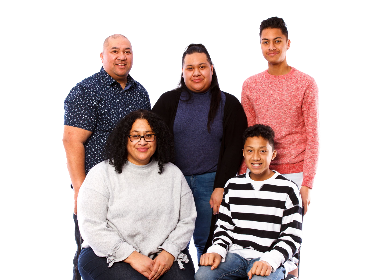
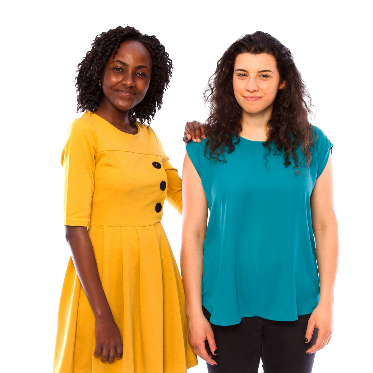
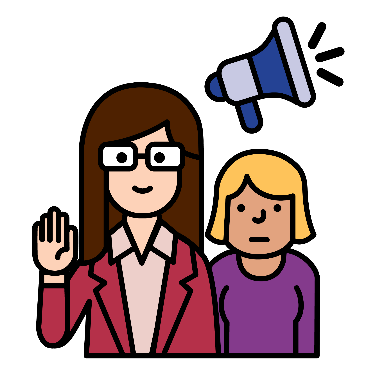
You have the right to talk to your support person without the police listening to you.
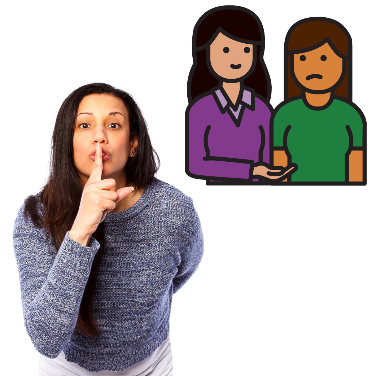
You also have the right to talk to a lawyer.
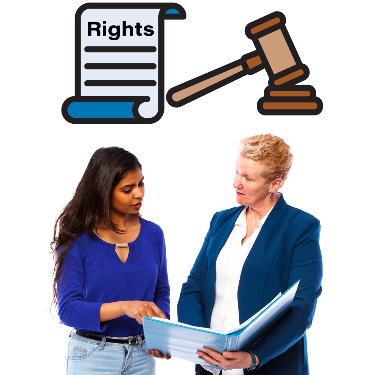
You can have your parent, guardian or carer with you if you:
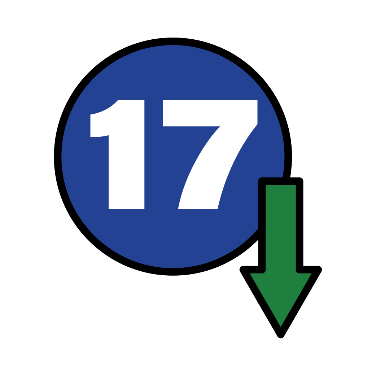
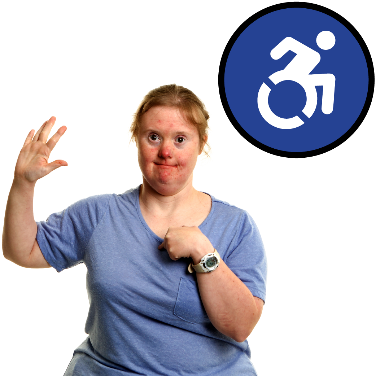
You can find an advocate using the Australian Government Disability Advocacy Finder.

To learn more about your rights, download the Intellectual Disability Rights Service Fact Sheet: People With Disability Under Arrest (PDF).
